Invited Talks for IEEE CIC/TPS/CogMI
Invited Talks for IEEE CIC (Last Names in Alphabetical Order)
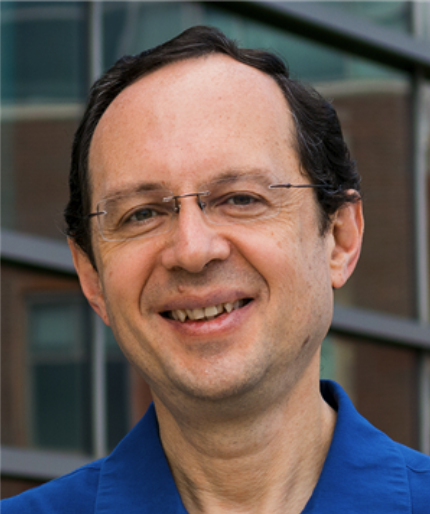
Tarek Abdelzaher (IEEE Fellow/ACM Fellow)
Sohaib and Sara Abbasi Professor of CS and Willett Faculty Scholar, UIUC, USA
Title: TBA
Biography:
Tarek Abdelzaher (Ph.D., UMich, 1999) is a Sohaib and Sara Abbasi Professor of CS and Willett Faculty Scholar (UIUC), with over 300 refereed publications in Real-time Computing, Distributed Systems, Sensor Networks, and IoT. He served as Editor-in-Chief of J. Real-Time Systems for 20 years, an AE of IEEE TMC, IEEE TPDS, ACM ToSN, ACM TIoT, and ACM ToIT, among others, and chair of multiple top conferences in his field. Abdelzaher received the IEEE Outstanding Technical Achievement and Leadership Award in Real-time Systems (2012), a Xerox Research Award (2011), and several best paper awards. He is a fellow of IEEE and ACM.
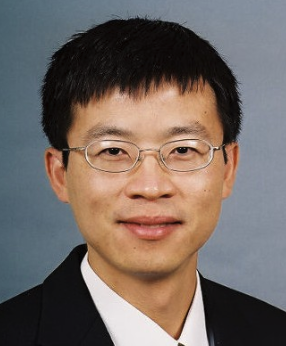
Songqing Chen
Professor, George Mason University, USA
Title: TBA
Abstract:
Driven by the rapid growth of multimedia big data, multimodal learning (especially multimodal deep learning) has gained its significant importance and achieved biggest success in various multimedia computing related applications. The complexity and scale of modern multimedia recommender system often require much more sophisticated statistical model, learning architecture and data processing algorithm to facilitate effective and efficient content understanding and analysis than ever before. This talk discusses several major research challenges for the future multimedia recommender system with advanced multimodal learning. In particular, I shall, (1) Introduce why multimodal learning is important for Web scale multimedia recommendation; (2) Discuss and review various limitations of the current generation of learning model and architecture; (3) Review key challenges and technical issues in developing and evaluating modern multimedia recommender systems with multimodal learning under different contexts; (4)Make predictions about the road that lies ahead for the scholarly exploration and industrial practice in machine learning, multimedia computing and other related communities. I hope that this talk provides an impetus for further research on this important direction.
Biography:
Songqing joined Department of Computer Science at George Mason University in August, 2004 after he obtained his Ph.D. from The College of William and Mary, Department of Computer Science, High Performance Computing and Software Lab in July, 2004, under the supervision of Prof. Xiaodong Zhang. He received his B.S. and M.S. degrees in Computer Science and Engineering from Huazhong University of Science and Technology in China.
His research interests mainly focus on design, analysis, and implementation of algorithms and experimental systems in the distributed and networking environment, particularly in the areas of Distributed Systems and Internet Measurement, Modeling, and Content Delivery, Operating Systems, and System Security. He is the recipient of an NSF CAREER Award, an Air Force Office of Scientific Research's Young Investigator (YIP) Award, a Mason Emerging Researcher, Scholar, and Creator Award, a VSE Rising Star Faculty Research Award, a CS Rising Star Faculty Research Award, and three CS Outstanding Research Awards.

John A. Miller
Professor, University of Georgia, USA
Title:TBA
Biography:
JOHN A. MILLER is a Professor of Computer Science at the University of Georgia. He has been the Associate Head for 6 years and is/has been Graduate Coordinator for 11 years. His research interests include Modeling Simulation, Web Services/Workflow, Database Systems, and Big Data/Data Science. Dr. Miller received a B.S. in Applied Mathematics from Northwestern University in 1980 and an M.S. and Ph.D. in Information and Computer Science from the Georgia Institute of Technology in 1982 and 1986, respectively. As part of his co-operative undergraduate education program, he worked as a Software Developer at the Princeton Plasma Physics Laboratory. In his areas of interest, Dr. Miller has authored of over 200 research papers. He has served as General/Program Chair for four international research conferences: ANSS, WSC, ICWS, and SCC, as well as one regional research conference ACM-SE.
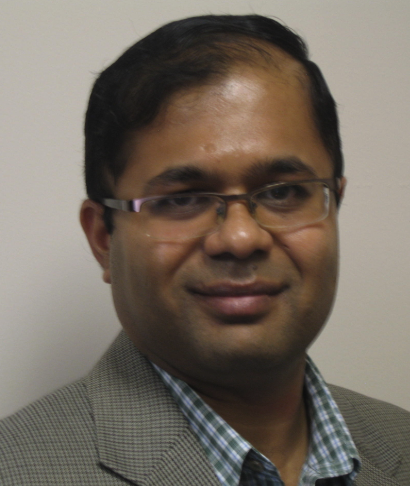
Lakshmish Ramaswamy
Professor, University of Georgia, USA
Title: Toward IoT-based Soil Sensing in Coastal Wetlands
Biography:
Dr. Lakshmish Ramaswamy is a professor and the associate director of the School of Computing at the University of Georgia. He directs the Data Intensive Pervasive Systems Lab. Dr. Ramaswamy's research interests include Data Intensive Computing, Internet of Things, Geo AI, Cloud and Edge Computing and Enivronmental Informatics. He has published more than 110 peer-reviewed research papers, many of which are in prestigious international conferences and journals. He has received several best paper awards. He is an associate editor of the IEEE Transactions on Services Computing, and he has served on more than 75 program committees. Dr. Ramaswamy's received his PhD in Computer Science from Georgia Tech.
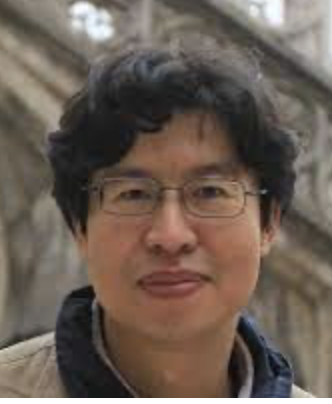
Jialie (Jerry) Shen
Professor, City University of London, UK
Title: Scalable Multimodal Learning and Multimedia Recommendation
Abstract:
Driven by the rapid growth of multimedia big data, multimodal learning (especially multimodal deep learning) has gained its significant importance and achieved biggest success in various multimedia computing related applications. The complexity and scale of modern multimedia recommender system often require much more sophisticated statistical model, learning architecture and data processing algorithm to facilitate effective and efficient content understanding and analysis than ever before. This talk discusses several major research challenges for the future multimedia recommender system with advanced multimodal learning. In particular, I shall, (1) Introduce why multimodal learning is important for Web scale multimedia recommendation; (2) Discuss and review various limitations of the current generation of learning model and architecture; (3) Review key challenges and technical issues in developing and evaluating modern multimedia recommender systems with multimodal learning under different contexts; (4)Make predictions about the road that lies ahead for the scholarly exploration and industrial practice in machine learning, multimedia computing and other related communities. I hope that this talk provides an impetus for further research on this important direction.
Biography:
Jialie (Jerry) Shen is currently a professor in computer vision and machine learning (Chair) with the Department of Computer Science, City, University of London, UK. His research interests spread across subareas in artificial intelligence (AI) and data science, including computer vision, deep learning, machine learning, image/video analytics and information retrieval. His research results have expounded in more than 150 publications at prestigious journals and conferences, such as IEEE T-IP, T-CYB, T-MM, T-CSVT, T-CDS, ACM TOIS, ACM TOMM, IJCAI, AAAI, CVPR, ACM SIGIR, ACM SIGMOD, ACM Multimedia, ICDE, and ICDM with several awards: the Lee Foundation Fellowship for Research Excellence Singapore, the Microsoft Mobile Plus Cloud Computing Theme Research Program Award, the Best Paper Runner-Up for IEEE Transactions on Multimedia, the Best Reviewer Award for Information Processing and Management (IP&M) 2019 and ACM Multimedia 2020, and the Test of Time Reviewer Award for Information Processing and Management (IP&M) 2022. He has served for 100 major conferences including CVPR, ICCV, ECCV, IJCAI, AAAI, NIPS, ICDM, SIGKDD, WWW, MMM, ICMR, ICME, ACM SIGIR, and ACM Multimedia as area chair and senior PC/PC. He also serves as an Associate Editor and (or) a member for the editorial board of leading journals: Information Processing and Management (IP&M), Pattern Recognition (PR), IEEE Transactions on Circuits and Systems for Video Technology (IEEE T-CSVT), IEEE Transactions on Multimedia (IEEE T-MM), IEEE Transactions on Knowledge and Data Engineering (IEEE T-KDE) and ACM Transactions on Multimedia Computing, Communications, and Applications (ACM TOMM).
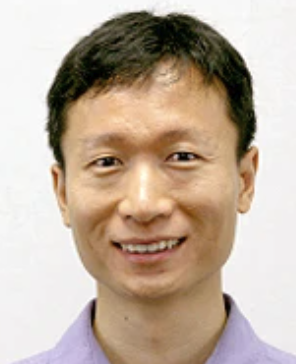
Qingyang Wang
Associate Professor, Louisiana State University, USA
Title: μDoS attack: Exploiting Runtime Execution Dependencies in Microservices
Biography:
Dr. Wang is an associate professor in the Department of Computer Science and Engineering at Louisiana State University. He received my Ph.D. degree in Computer Science from Georgia Tech in 2014. Before that, he received my M.E. and B.E degrees from University of Chinese Academy of Sciences and Wuhan University, respectively. His research is in distributed systems and cloud computing with a current focus on performance, scalability, security of large-scale web applications and IoT stream processing.
Invited Talks for IEEE TPS (Last Names in Alphabetical Order)

Rachel Cummings
Associate Professor, Columbia University, USA
Title: Centering Policy and Practice: Research Gaps around Usable Differential Privacy
Biography:
Rachel Cummings’ research interests lie primarily in data privacy, with connections to machine learning, algorithmic economics, optimization, statistics, and information theory. Her work has focused on problems such as strategic aspects of data generation, incentivizing truthful reporting of data, privacy-preserving algorithm design, impacts of privacy policy, and human decision-making. Dr. Cummings is the recipient of numerous awards including an NSF CAREER award, a DARPA Young Faculty Award, multiple industry research awards, a Provost’s Teaching Award, two doctoral dissertation awards, and Best Paper Awards at DISC 2014, CCS 2021, and SaTML 2023. Dr. Cummings also serves on the ACM U.S. Technology Policy Committee, the IEEE Standards Association, and the Future of Privacy Forum's Advisory Board.
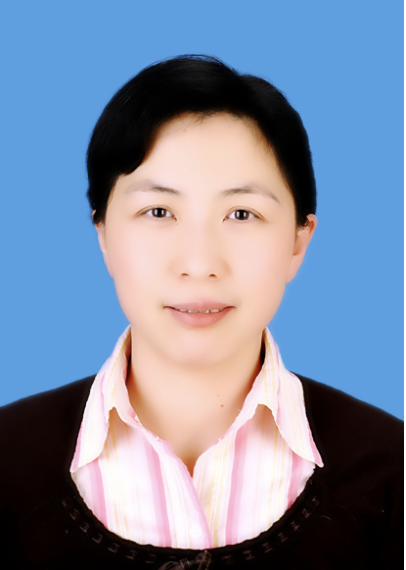
Wenbo He
Associate Professor, McMaster University, Canada
Title: TBA
Biography:
Wenbo He is an Associate Professor in the Department of Computing and Software at the McMaster University. She got her Ph.D. from MONET Group at University of Illinois at Urbana-Champaign in 2008. I received the Mavis Memorial Fund Scholarship Award from College of Engineering at UIUC in 2006, and the C. W. Gear Outstanding Graduate Award in 2007 from the Department of Computer Science at UIUC. I was also a recipient of the Vodafone Fellowship from 2005 to 2008, and the NSF TRUST Fellowship in 2007 and 2009. Recently, I received Best Paper Awards from ACM Conference WiSec'11 and IEEE Transactions on Industrial Informatics.
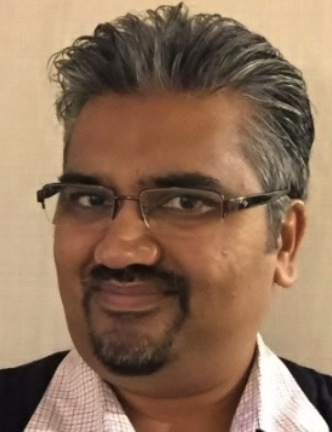
Divyesh Jadav
Manager and Senior Technical Staff Member, IBM Research, USA
Title: Invisible Watermarking for Audio Generation Diffusion Models
Biography:
Dr. Divyesh Jadav commenced his career with IBM Research after obtaining a B.E. degree from Mumbai University (India) in 1992 and M.S. and Ph.D. degrees from Syracuse University in 1995 and 1997, respectively, all in Computer Engineering. His background is in the areas of management and performance analysis of distributed and parallel systems, with an emphasis on storage. He enjoys building end to end solutions for hard problems that advance the state of the art, and benefit society. To that end, he has worked on fault tolerant RAID algorithms and architectures for data, performance management for shared storage systems, data center scale IT management analytics, storage virtualization, parallel file systems, cloud computing, data security and resiliency, blockchain technology, edge computing, mobile analytics for Travel and Transportation and Internet of Things.

Dan Lin
Professor, Vanderbilt University, USA
Title: Preserving Location Privacy in the Modern Era of Pervasive Environments
Biography:
Prof. Lin's research interests include data analysis and privacy protection in different domains such as cloud computing, mobile applications, social media platforms, and Internet of vehicles. Her most recent research projects are about studying machine learning attacks and designing defensive mechanisms for artificial intelligence. She has received 3 best paper awards from ACM conferences. Her research has been supported by federal funding from NSF, NSA, and DOE. he has served as program committee members in many premium conferences such as SIGMOD, VLDB, ICDE, ICDCS and SSTD. She is currently an associate editor of IEEE Transactions on Dependable and Secure Computing.

Surya Nepal
Senior Principal Research Scientist, CSIRO Data61, Australia
Title: Digital Twins and the Future of their Use Enabling Shift Left and Shift Right Cybersecurity Operations
Biography:
Dr Surya Nepal is a Senior Principal Research Scientist at CSIRO Data61 and the Mission Lead for Critical Infrastructure Protection and Resilience Mission. He has been working at CSIRO since 2000. His main research interest is in the development and implementation of technologies in the area of cybersecurity. He has more than 300 publications to his credit. Many of his works are published in top international journals and conferences such as ACM CCS, NDSS, ASIA CCS, RAID, ACM MM, VLDB, ICDE, ICWS, SCC, CoopIS, ICSOC, IEEE Transactions on Service Computing, IEEE Transactions on Parallel and Distributed Systems, ACM Transaction on Internet Technology, IEEE Transactions on Computers, Communications of the ACM and ACM Computing Survey. Some of his papers have received the best paper award at international conferences. His lifetime citation is 12993 (Google Scholar), with an h-index of 53 and an i10-index of 220. Dr Nepal has received several publications and invention awards at CSIRO.
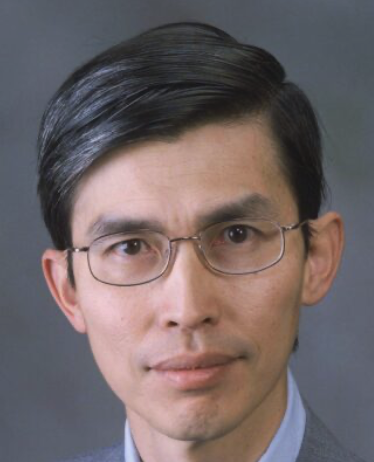
Francis Quek
Professor, Texas A&M University, USA
Title: Web 3.0 and the Ownership of Learning
Biography:
Francis Quek performs research in human-computer interaction with a focus in aware and embodied interaction (including remote affective touch interaction, physically-based social tagging of information, assistive technologies for the blind, embodied systems for K-12 learning and creativity, embodied crowd simulation, multimodal discourse analysis, technology ecologies to support learning and knowing, and radical design methodologies), computer vision (human behavior analysis) and medical imaging. He came to Texas A&M University in 2013 and is director of the TAMU Embodied Interaction Lab (TEILab), which focuses on interaction research based on the premise that humans are embodied beings. Essentially, if the human mind is "designed" to function in a physical, spatial, temporal and social world, how do we account for such higher-level thinking as abstraction, learning, creativity, self-identity and motivation? For human-computer interaction research, our question becomes how one might design technology to support such higher-level functions around the principles of human embodiment. TEILab explores these questions with collaborators in a variety of areas, most prominently in human learning and creativity nurture, learning/reading support for individuals with blindness or severe visual impairment, multimodal analysis of human communication, and general human experience. He is a member of the IEEE and ACM. Quek is a professor of visualization in the School of Architecture at Texas A&M. He also directs the TAMU Embodied Interaction Laboratory (TEILab). He received a BSE summa cum laude and MSE in electrical engineering, and a Ph.D. CSE, all from the University of Michigan.
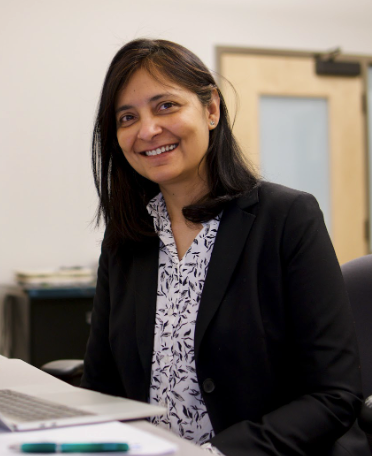
Indrakshi Ray
Professor, Colorado State University, USA
Title: TBA
Biography:
Indrakshi Ray is a Professor in the Computer Science Department at Colorado State University. She has also been a visiting faculty at Air Force Research Laboratory, Naval Research Laboratory, and at INRIA, Rocquencourt, France. Prior to joining Colorado State, she was a faculty at the University of Michigan-Dearborn. She obtained her Ph.D. from George Mason University under the joint supervision of Professor Sushil Jajodia and Professor Paul Ammann. Her Master's degree in Computer Science and Engineering is from Jadavpur University, Kolkata, India. Her Bachelor of Engineering degree in Computer Science and Technology is from B.E.College, Kolkata, India.
Dr. Ray's research interests include security and privacy, database systems, e-commerce and formal methods in software engineering. She has published over a hundred technical papers in refereed journals and conference proceedings. She is on the editorial board of Computer Standards and Interfaces. She has been a guest editor of ACM Transactions of Information Systems Security and Journal of Digital Library. She has served in various capacities for journals and conferences. She was the Program Chair of ACM SACMAT 2006, Program Co-Chair for CSS 2013, ICISS 2013, IFIP DBSec 2003, and General Chair of SACMAT 2008. She has served on the program committees of various conferences including ACM SACMAT, DBSec, EDBT, ESORICS, and ICDE. She is a senior member of the IEEE and a senior member of ACM.
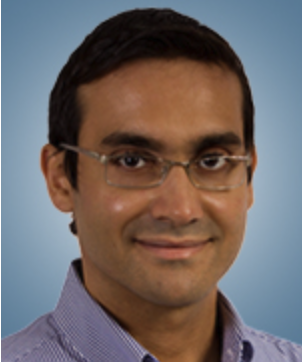
Attila A Yavuz
Associate Professor, University of South Florida, USA
Title: Beyond Basic Trust: Envisioning the Future of NextGen Networked Systems and Digital Signatures
Biography:
Dr. Attila Altay Yavuz is currently an Associate Professor in the Department of Computer Science and Engineering, the Director of Applied Cryptography Research Laboratory, and the Co-Director of the Center for Cryptographic Research at the University of South Florida (USF). He was an Assistant Professor in the School of Electrical Engineering and Computer Science, Oregon State University (August 2014 - August 2018) and in the Department of Computer Science and Engineering, USF (August 2018 - June 2021). He was a member of the security and privacy research group at the Robert Bosch Research and Technology Center North America (2011-2014). He received his Ph.D. degree in Computer Science from North Carolina State University in August 2011. He received his MS degree in Computer Science from Bogazici University (2006) in Istanbul, Turkey. He is broadly interested in the design, analysis, and application of cryptographic tools and protocols to enhance the security of computer networks and systems. Attila Altay Yavuz is a recipient of the NSF CAREER Award, Cisco Research Award (thrice - 2019,2020,2022), unrestricted research gifts from Robert Bosch (five times), USF Faculty Outstanding Research Achievement Award, USF Excellence in Innovation Award, and USF College of Engineering’s Outstanding Research Achievement Award. His research on privacy-enhancing technologies and intra-vehicular network security is in the process of technology transfer with potential worldwide deployments. He has authored more than 90 products including research articles in top conferences, journals, and patents. He is a senior member of IEEE and a member of ACM.
Invited Talks for IEEE CogMI (Last Names in Alphabetical Order)

Wonik Choi
Professor, Inha University, Republic of Korea
Title: Revisiting Metric Space Similarity in Deep Learning
Biography:
Wonik Choi (Member, IEEE) received the Ph.D. degree in computer engineering from Seoul National University, South Korea. He was a Visiting Scholar with the School of Computer Science, Georgia Institute of Technology, in 2012. He is currently a Professor with the School of Information and Communication Engineering, Inha University, where he runs the Data Intelligence Laboratory. His research interests include spatio-temporal databases, sensor network topology, telematics, and GIS/LBS.
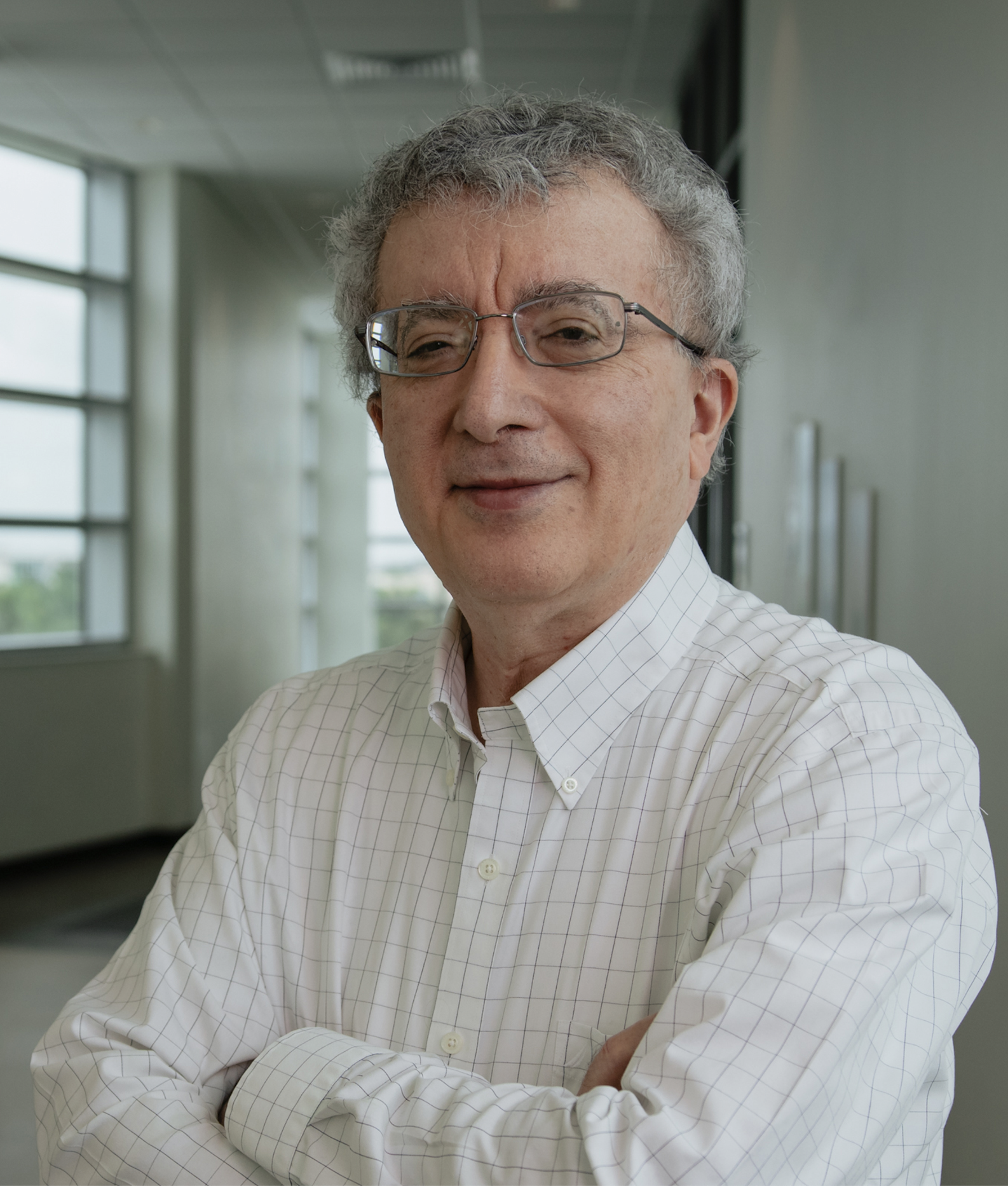
Taghi M. Khoshgoftaar
Motorola Endowed Chair Professor, Florida Atlantic University , USA
Title: A Comparative Study of Model-Agnostic and Importance-based Feature Selection Approaches
Biography:
Dr. Taghi M. Khoshgoftaar is Motorola Endowed Chair professor of the Department of
Computer and Electrical Engineering and Computer Science, Florida Atlantic University and the Director of NSF Big Data Training and Research Laboratory. His research interests are in big data analytics, data mining and machine learning, health informatics and bioinformatics, social network mining, security analytics, fraud detection, and software engineering. He has published more than 850 refereed journal and conference papers in these areas. He was the conference chair of the IEEE International Conference on Machine Learning and Applications (ICMLA 2019 and ICMLA 2016). He is the Co-Editor-in Chief of the journal of Big Data. He has served on organizing and technical program committees of various international conferences, symposia, and workshops. Also, he has served as North American Editor of the Software Quality Journal and was on the editorial boards of the journals Multimedia Tools and Applications, Knowledge and Information Systems, and Empirical Software Engineering and is on the editorial boards of the journals Software Quality, Software Engineering and Knowledge Engineering, and Social Network Analysis and Mining.

Matthieu Latapy
Senior researcher, CNRS, France
Title: Link Streams as a Generalization of Graphs and Time Series
Biography:
Matthieu Latapy is a CNRS senior researcher, member of the Complex Networks team at LIP6 (CNRS and Sorbonne University), Paris, France. He works on network science and its applications, in particular: link streams, financial transaction analysis, ecological and social activism.
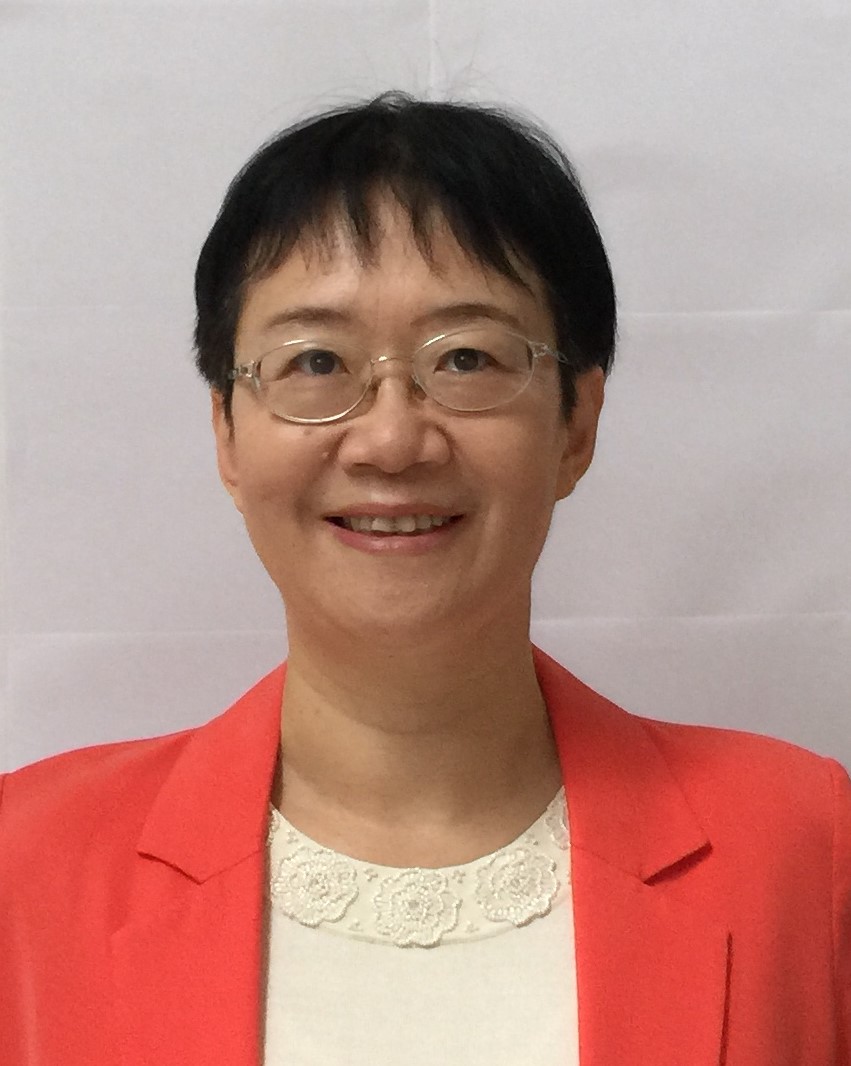
Ling Liu (IEEE Fellow)
Professor, Georgia Institute of Technology, USA
Title: Amplifying Object Tracking on Edge Devices
Biography:
Ling Liu is a Professor in the School of Computer Science at Georgia Institute of Technology. She directs the research programs in Distributed Data Intensive Systems Lab (DiSL), examining various aspects of large scale big data systems and analytics, including performance, availability, security, privacy and trust. Prof. Liu is an elected IEEE Fellow and a recipient of IEEE Computer Society Technical Achievement Award (2012). She has published over 300 international journal and conference articles and is a recipient of the best paper award from numerous top venues, including ICDCS, WWW, IEEE Cloud, IEEE ICWS, ACM/IEEE CCGrid. In addition to serve as general chair and PC chairs of numerous IEEE and ACM conferences in big data, distributed computing, cloud computing, data engineering, very large databases fields, Prof. Liu served as the editor in chief of IEEE Transactions on Service Computing (2013-2016), on editorial board of over a dozen international journals. Ling’s current research is sponsored primarily by NSF and IBM.
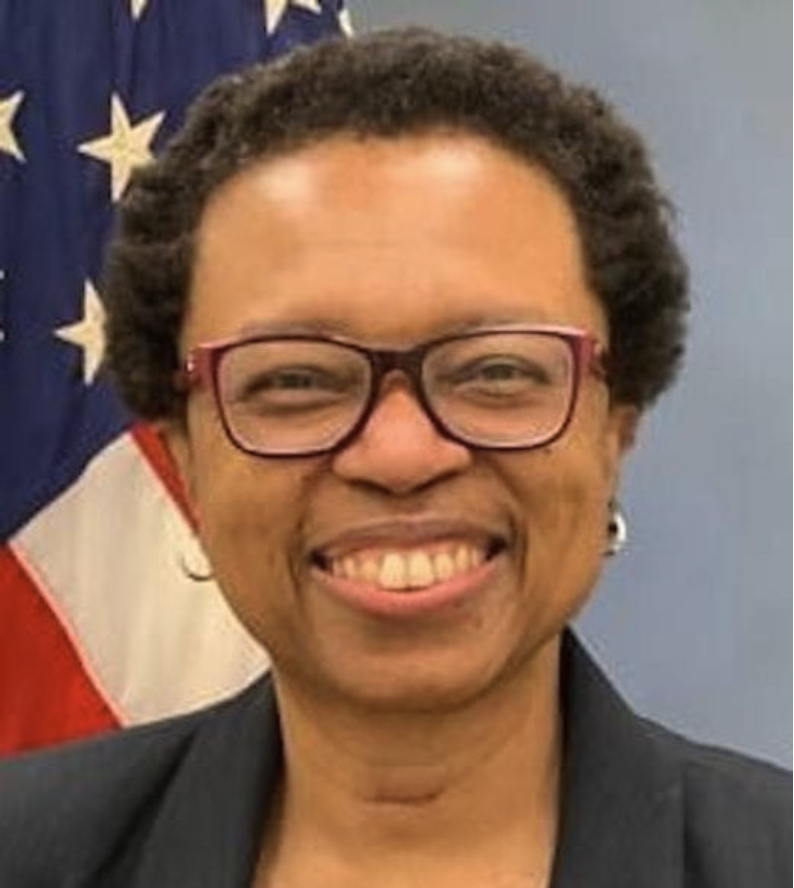
Adrienne Raglin
Army Research Laboratory, USA
Title: Data Integrity and Artificial Reasoning
Biography:
Dr. Adrienne Raglin is currently an Electronics Engineer with the U.S. Army DEVCOM, Army Research Laboratory (ARL), Team Lead for the Artificial Reasoning team and Associate Branch Chief of Content Understanding Branch. Dr. Adrienne Raglin received her Ph.D. from Howard University in Electrical Engineering in 2003. She received her M.S. and B.S. in Electrical Engineering in 1991 and 1989 respectively from Georgia Institute of Technology. She received her B.S. in Computer Science in 1989 from Spelman College. Her scientific interest has included image processing, Internet of Things (IoT), uncertainty of information, human information interaction, and artificial reasoning. She collaborates with academics, industry, other organizations, and ARL researchers conducting research that focuses on the complexities and challenges of enabling intelligent systems to reason in order to enhance and improve multiple aspects of command and control as well as decision making.

Matteo Riondato
Associate Professor, Amherst College, USA
Title: A Path towards Statistically-Sound Knowledge Discovery from Data
Biography:
Matteo Riondato is an associate professor of computer science at Amherst College, and a visiting faculty at Brown University. Previously, he was a research scientist at Two Sigma, and a postdoc at Stanford. His research focuses on algorithms for knowledge discovery, data mining, and machine learning: he develops methods to analyze rich datasets, including graphs and time series, as fast as possible and in a statistically sound way. He received a NSF CAREER award and other NSF grants. His works was recognized with best-of-conference awards at the 2014 SIAM International Conference on Data Mining (SDM), the 2016 ACM SIGKDD International Conference on Knowledge Discovery and Data Mining (KDD), the 2018 IEEE International Conference on Data Mining (ICDM), and the 2021 ACM International Conference on Web Search and Data Mining (WSDM). He tweets @teorionda and lives at http://matteo.rionda.to.

Gabriele Tomomei
Associate Professor, Sapienza University of Rome, Italy
Title: Prompt-to-OS (P2OS): Revolutionizing Operating Systems and Human-Computer Interaction with Integrated AI Generative Models
Biography:
Gabriele Tolomei is an associate professor at the Department of Computer Science of the Sapienza University of Rome. He received his M.Sc. in Computer Science in 2005 from the University of Pisa and his Ph.D. in Computer Science in 2011 from the Ca' Foscari University of Venice. He was a research scientist at Yahoo Labs in London and an assistant professor at the Department of Mathematics at the University of Padua. His main research interests include (human-)explainable, robust, and collaborative machine learning. He authored more than 40 papers in peer-reviewed international conferences and journals, and he is the inventor of four US patents.